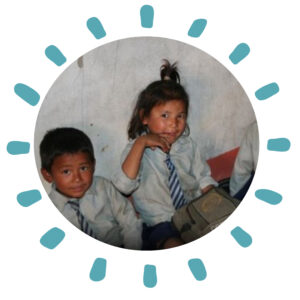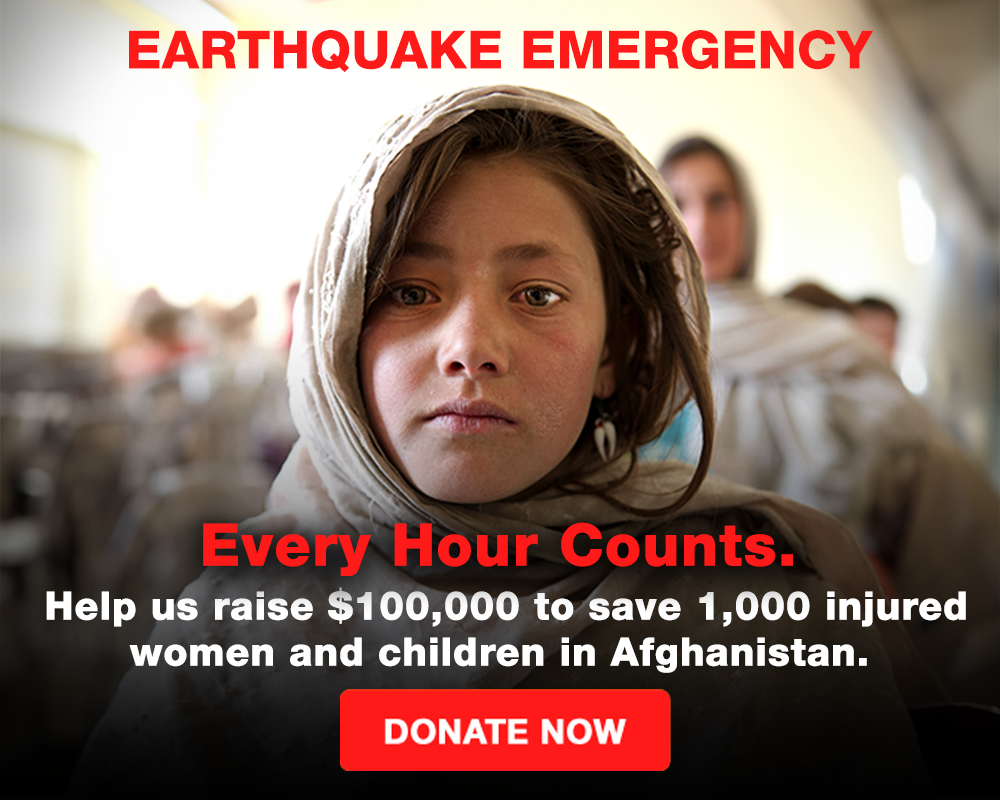
Nepal: Health Education
Population: 29.3 million
Nepal, like other countries in South Asia, faces the challenges of having a large number of street children, estimated to number in the thousands. These young people lack education, access to health care and a safe place to call home — often finding solace by sticking together, but not finding this to be a failsafe way to avoid abuse, violence and drug addiction. This is taking place alongside public health challenges around diseases like measles and TB, as well as persistent threats of natural disasters
- There are an estimated .52 doctors per 1,000 population and 2.25 nurses and midwives per 1,000 population.
- Infant mortality rate (per 1,000 live birth): 26.67
- Under-5 mortality rate (per 1,000 live births): 32.18
*Estimates Developed by the UN Inter-agency Group for Child Mortality Estimation (UNICEF, WHO, World Bank, UN DESA Population Division)
*Estimates Developed by the UN Inter-agency Group for Child Mortality Estimation (UNICEF, WHO, World Bank, UN DESA Population Division)
Our Impact

USFC opened our Nepal program in 2011, focusing our efforts on education and health access for vulnerable Nepalese children living on the streets. We carry out all programming in partnership with Child Protection Centers and Services (CPCS), an organization engaged in assisting and rehabilitating Nepalese street children. Together with CPCS, we operate a network of day centers that are located in particularly high-risk areas, opening our doors to welcome children who would have nowhere else to turn.
In 2018:
- USFC supported 1,000 Napalese children.
- USFC operates 25 day centers throughout Nepal to provide education and health programming, in partnership with CPCS.

Our Activities
Giving Children a Safe Place to Go
The day centers USFC operates in Nepal offer vulnerable children a safe place to go during the day, protecting them for threats of violence, exploitation and other hazards. Each of our 25 centers have the potential to host up to 100 children per day, and, throughout the year, we currently directly support 1,000 children — with the chance to expand our reach in the coming years.
These centers are incredibly valuable for the socialization and education offered to the children. For those with families, parents can also utilize the centers through informational sessions we host on a range of topics, including health courses, run by qualified social workers.
Artistic and athletic activities are organized for the children, which is a great help to them in developing emotionally and psychologically, particularly as they learn about how to form healthy friendships and relationships. Furthermore, they are taught healthy behaviors that promote good hygiene.
Our ultimate goal is to reintegrate children into their families, whenever possible. When such an arrangement is not possible, we work with CPCS to find a suitable placement.
Expanding Education at Our Day Centers
An extension of our day centers are more general education classes and access, including the development of libraries at 12 day centers currently operating in Kathmandu Valley. Each library has been endowed with several hundred books, as well as educational games.
In Nepal as in many places of the world, education comes at a cost. Families must be able to provide uniforms, as well as cover school and examination fees. For most if not all of the children accessing our day centers, such costs are prohibitive. That’s why we have also incorporated in-kind support programs that provide children with uniforms and books, as well as school supplies, tuition and examination fees.
